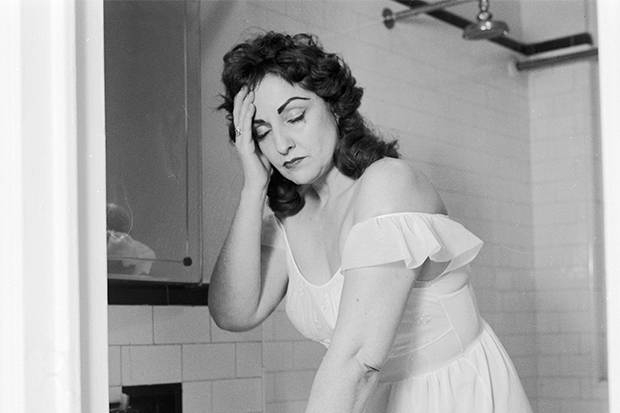Although drinking excessive levels of alcohol is up there with Olympic cycling and democracy as things the British excel at, the same cannot be said for dealing with the aftermath. Over the festive season we splash more than £2 billion on trips to the pub as punters take exhortations to have a merry Christmas a bit too literally. But our subsequent hangovers cost the economy almost £260 million through sick days and a lack of productivity.
A night on the tiles tends to leave people feeling a little defenceless the next day. However, for those of us who have no option but to be bright-eyed and bushy-tailed in the morning, there are measures that can be taken to limit the pain. As a former newspaper diarist, I’ve learned what to avoid when presented with trays of booze.
As with most sickness, prevention is better than cure. While not drinking boasts a 100 per cent success rate, this is not always a satisfactory option. So careful drink selection is the next best method. As a general rule, avoid martinis full stop. Dukes — the bar that inspired Bond’s catchphrase ‘shaken not stirred’ — have got it right with their no-more-than-two rule. 007 may ignore it, but you should not.
The next thing to look out for is colour. The darker the drink, the worse the hangover. This is thanks to congeners, the chemicals that give drinks their distinctive flavour and are most abundant in spirits like whiskey and cognac.
By contrast, translucent drinks contain hardly any. Of these, champagne is the best, as its fast alcohol absorption rate means it is unlikely to hit you when it’s all too late.
For those with tighter purse strings, there’s its more modest cousin, wine. While the hangover will be less catastrophic than after a night on the bourbon, the night itself could be equally traumatic, if not more so. The term ‘white wine rage’ has a place in popular culture thanks to the emotional wreck one can become after 250ml of chardonnay. Rumour has it that it’s the sulphites — which have been linked to depression — though others suggest it’s the fact that a bottle tends to follow the first glass.
As for red, this presents double danger, because even if you do get away hangover-free, your ‘red wine lips’ will tell a different story the next day at work.
If you still wake up bleary-eyed, feeling queasy and low, there are a few options left on the table. Should drinking your weight in full-fat Coke not appeal, hair of the dog can do the trick, but you will just be putting off the inevitable. So, it can be best to push through and opt for mind over matter. Or in the words of Kingsley Amis — an authoritative voice on the subject: ‘You are not sickening for anything, you have not suffered a minor brain lesion, you are not all that bad at your job, your family and friends are not leagued in a conspiracy of barely maintained silence about what a shit you are, you have not come at last to see life as it really is and there is no use crying over spilt milk.’







Comments